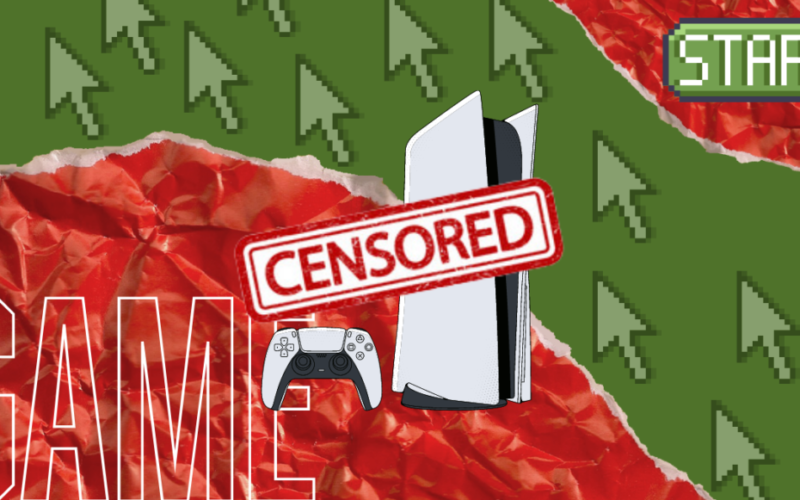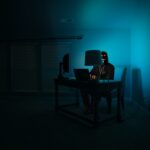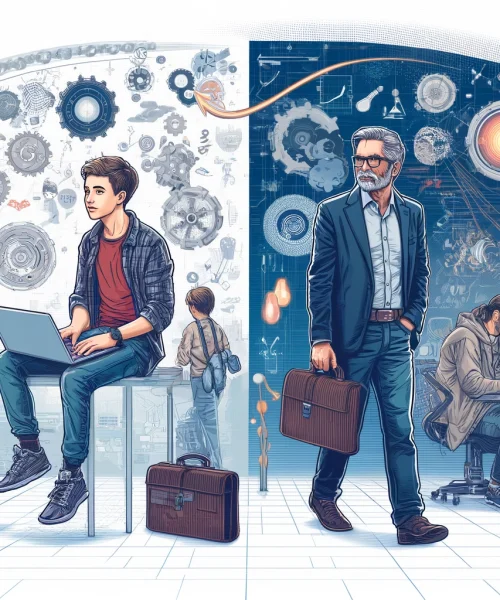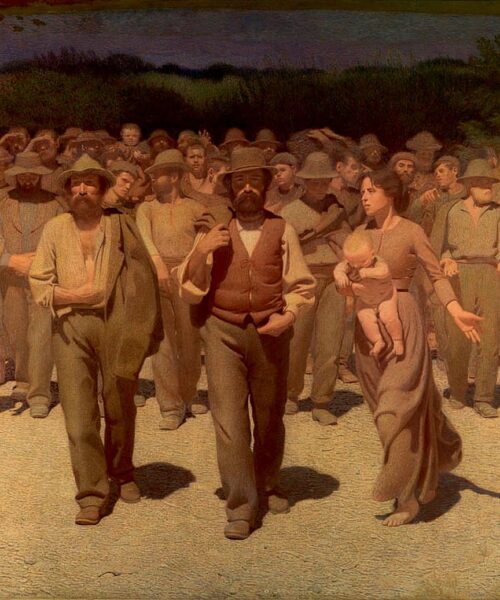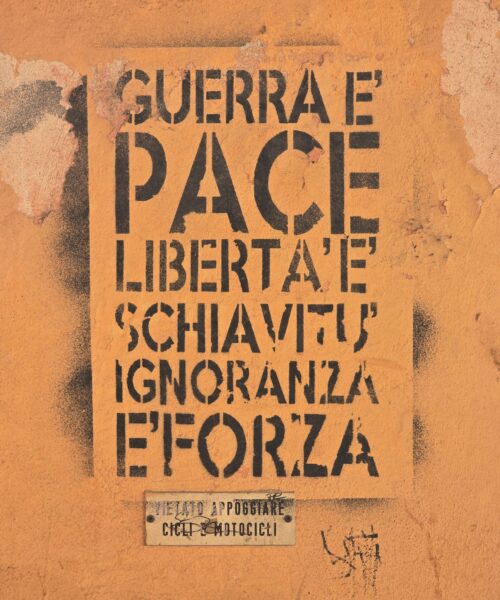Attention, dear readers! An intrusion is underway in our beloved world of video games, an act of oppression that could jeopardize our precious hours spent saving princesses, battling alien monsters, and constructing entire worlds pixel by pixel. We are talking, of course, about the censorship of artistic works in video games.
Ah, censorship! That relentless force that creeps into artistic creations and with a stroke of a pen—or, in this case, a line of code—transforms a work of art into something more… palatable. Something that could never offend, disturb, or—heaven forbid—make us think.
But who needs to think, right? Especially when we’re playing video games. Do we really want our brains to be stimulated while we’re trying to dodge a Goomba in Super Mario? Of course not. So, thankfully, we have censors to do that for us.
And how well they do it! Take, for example, the removal of extreme violence scenes in video games. Why should we be exposed to the realistic depiction of what happens when someone is shot with a bazooka? We certainly don’t want our innocent meals spoiled by such unpleasant imagery, right?
Then there’s the censorship of nudity and sexual scenes. Why should we be forced to watch pixels that simulate sexual acts? Who wants to see that kind of stuff? Not us, the true gamers, who prefer to focus on serious matters, like shooting aliens and collecting virtual treasures.
And what about the artworks censored because they’re considered offensive to certain cultures? This really is the last straw. How could we ever play in peace knowing that somewhere, in some remote corner of the world, someone might be offended by an image or a character in our video game? We could never forgive ourselves.
Really, it’s a relief to know that there are people out there taking the trouble to decide what is or isn’t appropriate for us. Because, after all, who better than them can understand what’s right for our delicate aesthetic sensibility?
In conclusion, we proudly proclaim: “Long live censorship!” May it continue to protect us from ourselves, to preserve us from those aspects of real life that could disturb our peaceful virtual existence. And if we ever feel the need to tackle complex, controversial, or stimulating subjects… Well, we could always read a book.

